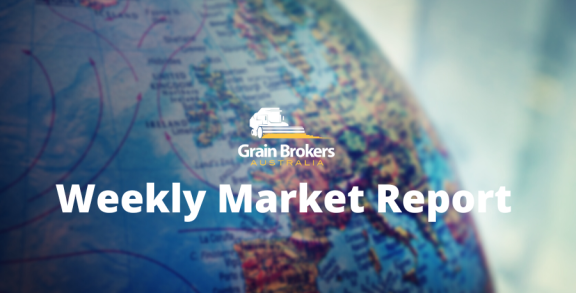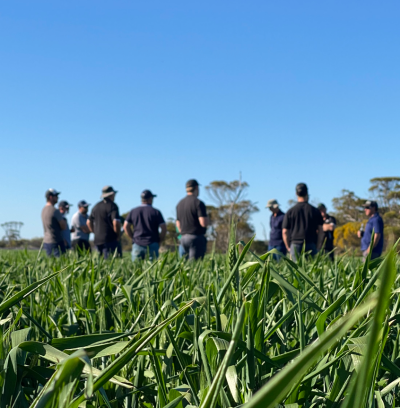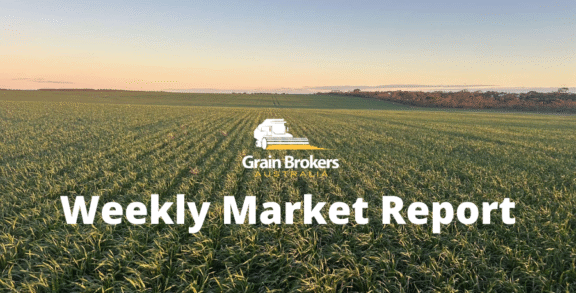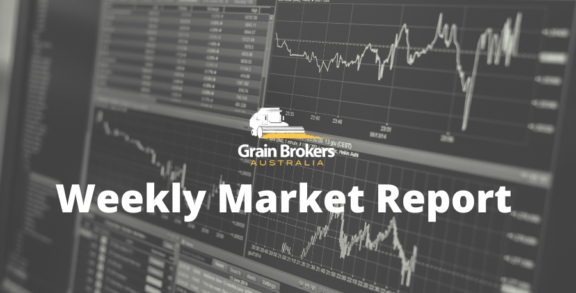
China’s demand for soybeans remains robust, with imports reportedly striking a monthly record for September. This comes despite the ongoing trade dispute with the United States, where the 2025 harvest is in full swing, with the most significant global consumer yet to show farmers from the second biggest exporter a new crop bid.
According to data released by the General Administration of Customs (GACC), China discharged 12.87 million metric tonne of soybeans at various port facilities last month, 4.8 per cent higher than August and up 13.2 per cent from 11.37MMT a year earlier. September also marked the fifth consecutive monthly soybean import record after new highs were recorded in May, June, July and August.
Total soybean imports in the first nine months of the year stood at 86.18MMT, an increase of 5.3 per cent year-on-year. The September import number was also the second-highest monthly soybean import total ever, behind the May 2025 record of 13.92MMT.
The increasing soybean demand from China has coincided with rapidly rising supply out of South America, in particular Brazil, the world’s biggest producer and exporter. This has enabled this season’s purchasing program to remain focused on South American suppliers, without drastically tightening global supply and pushing prices higher.
On the back of a record soybean harvest of around 170MMT, Brazil’s exporters are set to print a new benchmark for the January to October period. According to the Brazilian National Association of Grain Exporters (ANEC), the nation is on track to export 102.2MMT in the eight months, exceeding the previous mark of 101.3MMT set in 2023.
The ANEC data shows that China is easily Brazil’s largest export destination, with more than 79 per cent of all exports year-to-date going to the Asian powerhouse. In September, Brazil’s contribution to the China program was 6.5MMT, representing 93 per cent of the country’s total soybean export program.
The monthly statistics highlight the strengthening trade ties between China and Latin American countries, while United States President Donald Trump continues to abandon his own farmers on the world stage. Over the past five years, China has sourced an average of around 30 per cent of its annual soybean imports from the US.
Data from the United States Department of Agriculture shows China purchased 22.6MMT in the 2024/25 US soybean marketing year (September to August). In the 2024 calendar year, Beijing spent US$12.6 billion on US soybeans, around 25 per cent of the total crop. This represents around 20 per cent of China’s imports in 2024, down from 41 per cent in 2016, immediately prior to Trump’s first term.
However, for the first time in more than two decades, China has made no forward purchases of new crop US soybeans as of mid-October. This comes ahead of the peak US export window to China, which traditionally runs from November through to January.
According to data from the USDA, the last Chinese purchase of US soybeans was in May, and Beijing is on record as saying that it has no intention of buying any soybeans from the US this fall. The absence of this market is forcing many US farmers to pay to store their crops or sell them at reduced prices. Either way, it is another financial hit.
In a post to his Truth Social platform on Wednesday of last week, Trump labelled China’s refusal to buy any US soybeans an “economically hostile act” that has “caused difficulties” for US farmers. He then proceeded to throw more toys out of the cot by threatening to suspend imports of used cooking oil from China. A low impact move relative to the soybean issue since the US has already tossed Chinese used cooking oil out of the biofuels pool.
Beijing appears to be using its soybean demand as leverage in trade negotiations, which is precisely why they have yet to book any new crop shipments from the US. While tensions escalated again last week, Trump is still expected to meet with Chinese President Xi Jinping on the sidelines of the Asia Pacific Economic Cooperation in South Korea at the end of this month.
“Beijing has deliberately refrained from locking in any US fourth-quarter cargoes while trade talks drag on. In short, any sudden surge in US buying would be politically driven, not market-driven,” said Rosa Wang, analyst at Shanghai-based agro-consultancy JCI.
Nevertheless, Beijing’s resolve is being tested with firming Brazilian soybean premiums discouraging purchases in recent weeks. Last week, Brazilian premiums were quoted at US$2.90 per bushel (US$106.60 per metric tonne) over the November Chicago futures contract, while US premiums are significantly lower at around US$1.70/bu (US$62.50/MT) over the Chicago benchmark. Argentinian premiums sit at the midpoint, US$2.30/bu (US$84.50/MT).
Despite its buying spree from Argentina late in September, predominantly for November shipment, China still reportedly needs to purchase as much as 9MMT of soybeans for supply in December and January. While this would generally be a potential opportunity for US exporters, Beijing is more likely to tap into its vast state reserves to meet near-term demand than give up its prime bargaining chip in any trade negotiations.
Basically, China is refusing to buy US beans due to the trade war, and beans out of Brazil are currently too expensive. In the absence of an agreement between Beijing and Washington, the use of strategic reserves could easily fill the supply gap through to the 2026 soybean harvest in South America. With another record soybean crop forecast for Brazil in 2026, Beijing is hoping for an early start to harvest in the New Year to ease old crop prices and keep the pressure on Trump.
Call your local Grain Brokers Australia representative on 1300 946 544 to discuss your grain marketing needs.
Written by Peter McMeekin.





